



In today’s digital age, productivity apps are essential for managing tasks, collaborating with teams, and organizing information. However, many of the popular options come with concerns about privacy, cost, and data control. Open source alternatives offer robust solutions that address these concerns while providing comparable functionality. Here are some of the best open source alternatives to mainstream productivity apps:
1. Joplin
Joplin is a versatile note-taking and to-do application that supports synchronization with cloud services like Dropbox and OneDrive. It is available across multiple platforms including Linux, Windows, macOS, iOS, and Android, making it a great choice for cross-device note management.
2. Tomboy
Tomboy is a simple yet effective note-taking app for Linux, Windows, and macOS. It is perfect for quickly jotting down ideas and thoughts, and its intuitive interface ensures ease of use.
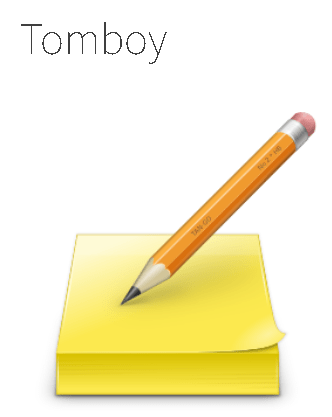
3. Standard Notes
Standard Notes is a free, open-source, and fully encrypted notes app. Its focus on security makes it an excellent choice for those who prioritize privacy in their note-taking needs.
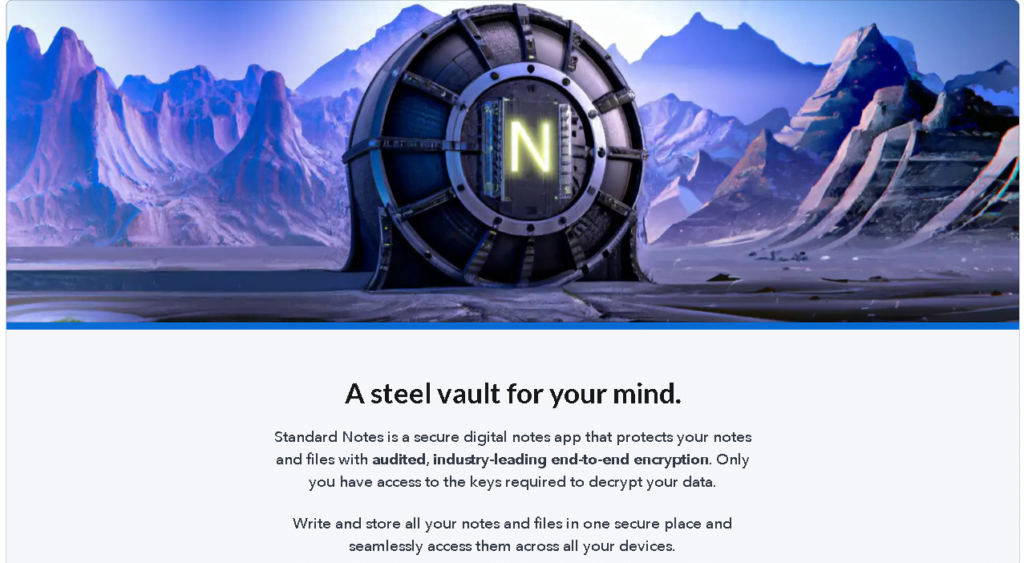
1. Nextcloud
Nextcloud is a self-hosted open source alternative to Google Drive, Docs, Calendar, and more. It enables users to host their own cloud storage and collaboration tools, ensuring complete control over their data and privacy.
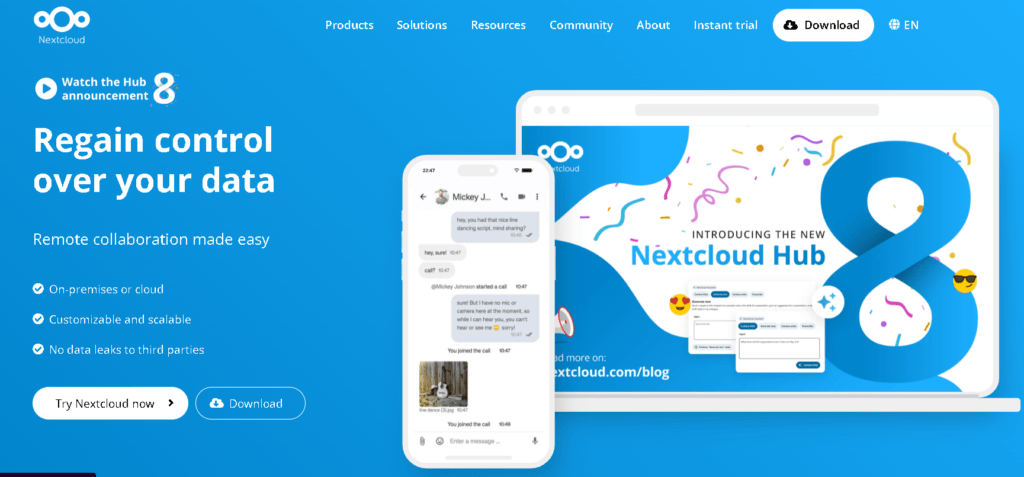
2. Proton
Proton provides open source, privacy-focused alternatives to Gmail, Calendar, and Drive. It is designed with security in mind, offering encrypted communication and storage solutions.

3. Cryptpad
Cryptpad is an open source alternative for collaborative documents, spreadsheets, presentations, and more. It ensures that all user data is encrypted, offering a secure environment for collaboration.
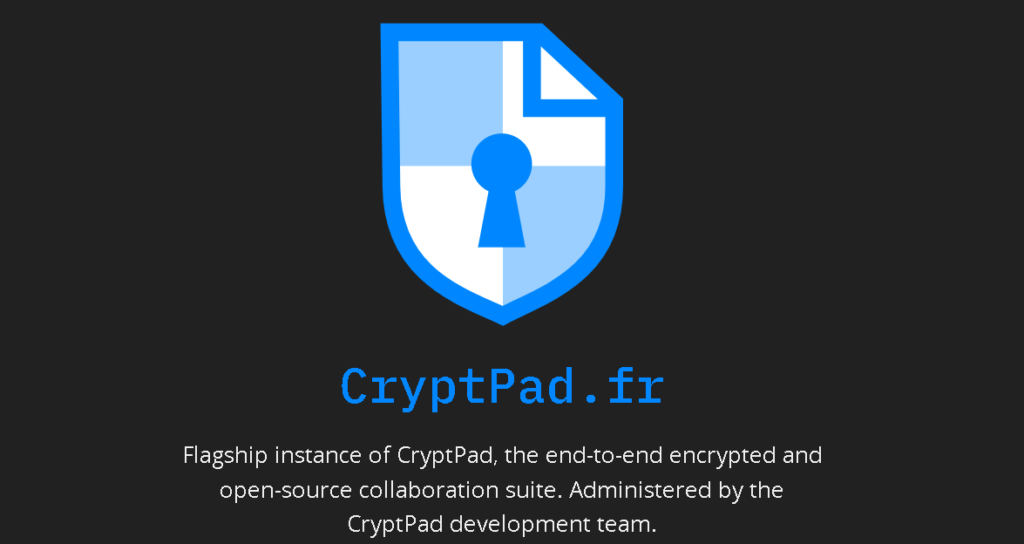
1. LibreOffice
LibreOffice is a comprehensive, free, and open source office suite that can replace Microsoft Office. It includes tools for word processing, spreadsheets, presentations, and more, making it a powerful option for both personal and professional use.
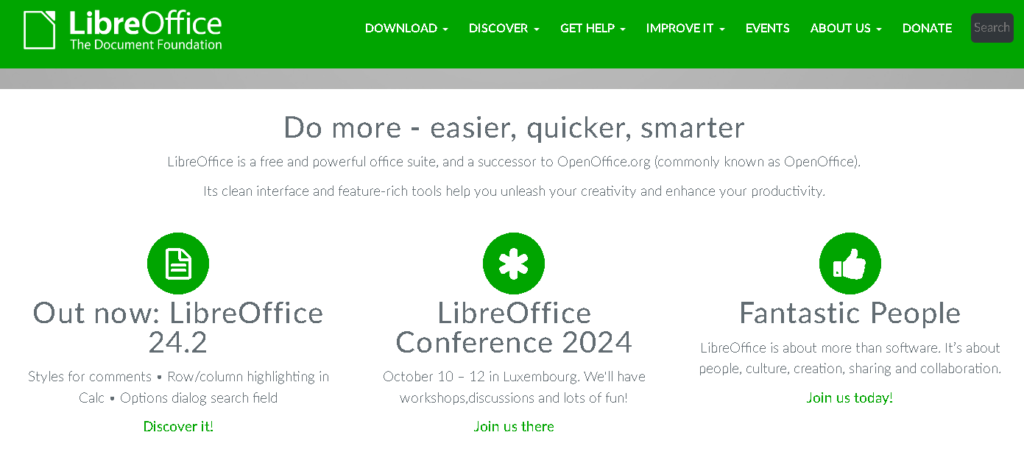
2. OnlyOffice
OnlyOffice provides open source, self-hosted options for office productivity apps. It combines document editing, project management, and CRM features in one package.
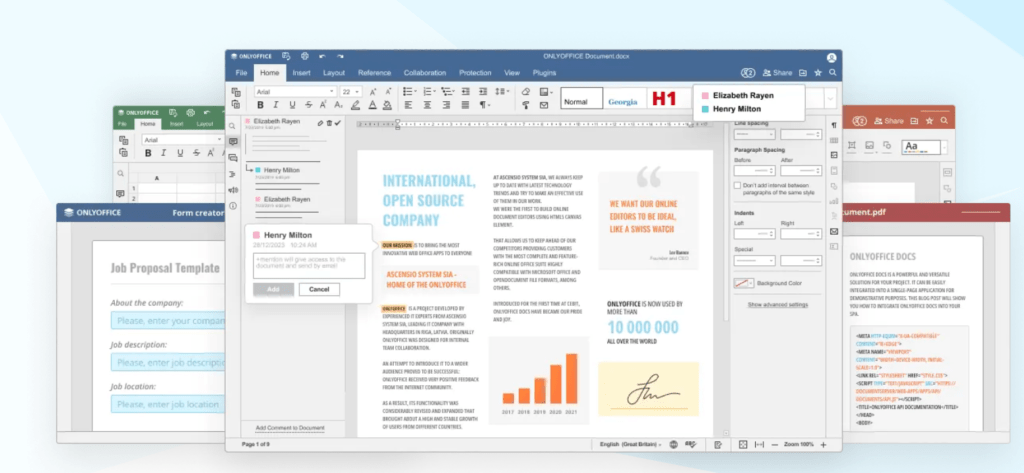
3. Collabora Office
Collabora Office is an open source office suite based on LibreOffice that runs in the web browser. It is ideal for collaborative editing and offers a seamless experience across different devices.
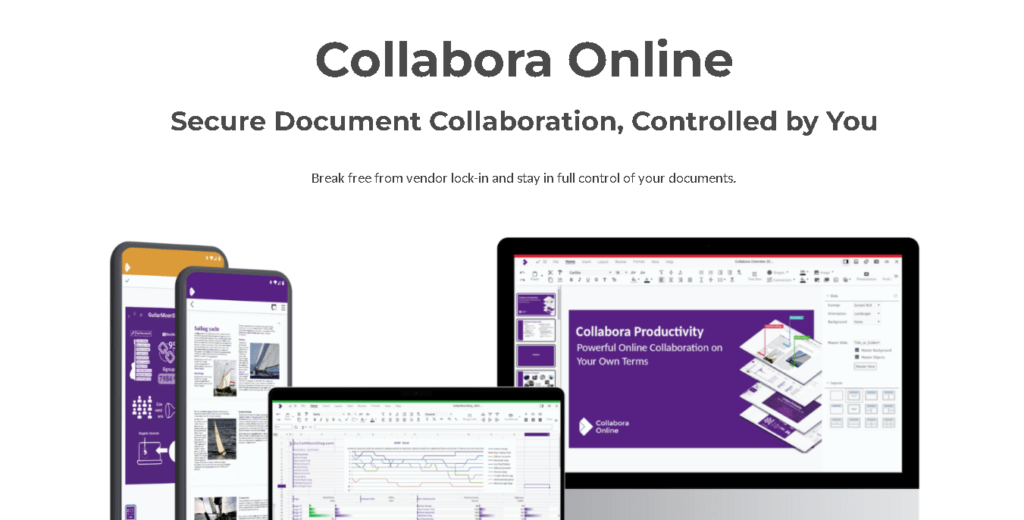
1. VSCodium
VSCodium is an open source build of Microsoft’s popular code editor, Visual Studio Code (VS Code), without the proprietary telemetry. It retains all the features of VS Code while ensuring user privacy.
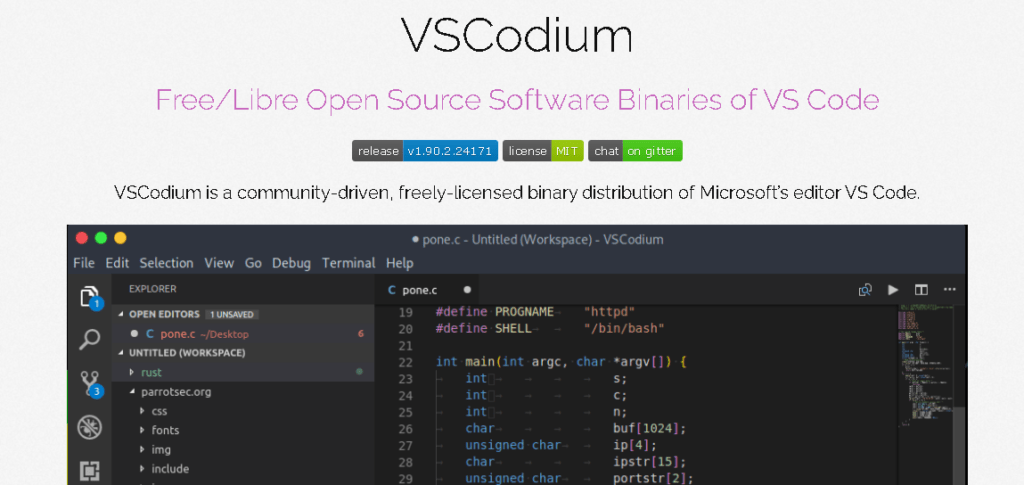
2. Atom
Atom is a free and open source code editor with a strong focus on customization and extensibility. Its user-friendly interface and extensive plugin ecosystem make it a favorite among developers.

1. Focalboard
Focalboard is an open source alternative to Trello for organizing projects on a kanban-style board. It can be self-hosted or used as a personal app, offering flexibility for different project management needs.
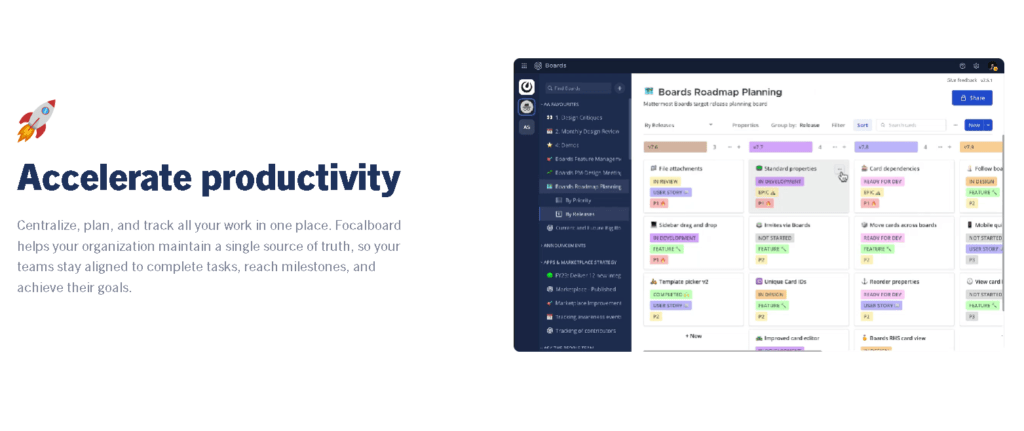
Why Choose Open Source?
The key advantages of these open source alternatives are that they respect user privacy, are free to use, and are often developed by passionate communities. Many provide similar functionality to popular proprietary apps while allowing you to self-host your data. By opting for open source solutions, you gain greater control over your digital environment and contribute to a collaborative, innovative community.
Switching to open source productivity apps can be a game-changer, offering enhanced privacy, flexibility, and community support. Explore these alternatives and discover the benefits of open source technology for your productivity needs.
Written By – Avneesh Chauhan